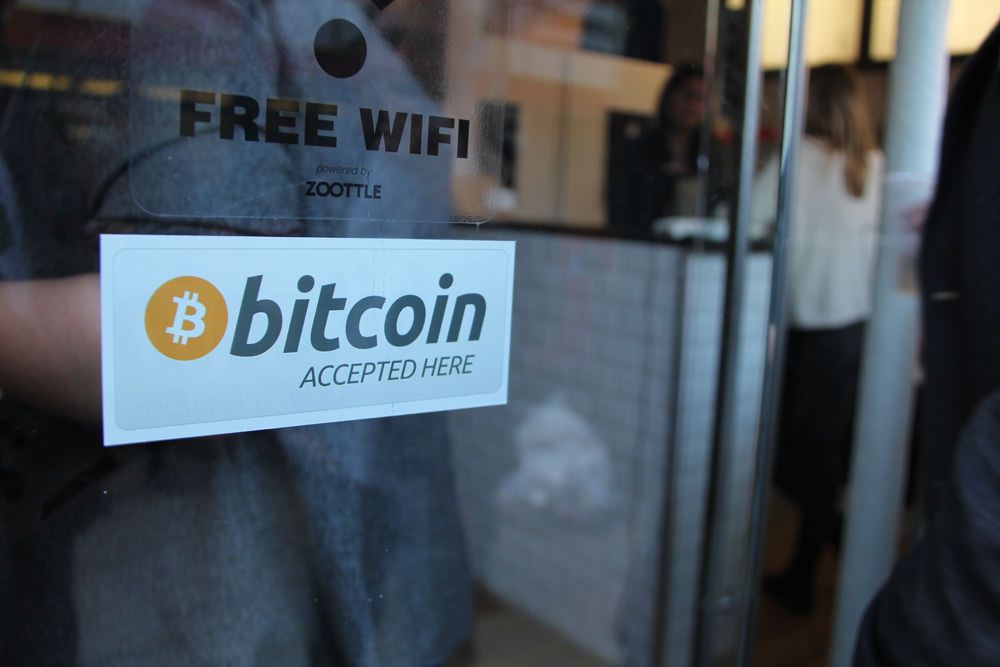Bitcoins retailers are on the rise
Bitcoins retailers love bitcoin as they are an even better option than credit cards. They have significantly lower fees as they are decentralised, and the transaction time is instantaneous using blockchain technology, which is a public ledger for bitcoin trading. It includes all bitcoin transactions ever made, and automatically updates as new bitcoin transactions occur. However, due to the infancy of the cryptocurrency market, there is lacking at the infrastructure level. So how can the public be more aware of bitcoins and also readily access it?
Bitcoins were the first form of crypto-currency introduced in 2009, and since then, more and more crypto-currencies are on the rise. This is the currency of the internet generation. We are quickly moving past the days of keeping physical cash in our wallets and many people are embracing the efficiency that comes with credit cards and ‘pay-wave’.
The answer lies in traditional, offline retailers
While face-to-face trading is not a new thing in the bitcoin world, there is still a lot of risk involved with it. The more popular bitcoins become, the riskier face-to-face trading gets, as it involves large amounts of cash. Whether you’re the buyer or the seller, you know know if you’re going to get scammed.
Having retailers sell bitcoins would encourage more people to consider buying it. There is a higher level of trust and professionalism involved with buying bitcoins from a retailer than there is with a stranger, as there is with any sort of item. But you may ask, doesn’t this defeat the purpose of of crypto-currencies? Why would anyone go to retailers if the appeal of bitcoins is its lack of physicality, allowing you to trade anywhere at anytime using your desktop or smartphone?
The answer lies in the fact that online bitcoin trading is not that quick and simple. You often need to go through third party agencies who are bounded by rules and regulations to provide secure transactions. The more reputable and trustworthy the agency is, the more complex the process is to trade bitcoins. They require details such as your email, telephone, photo identification, proof of residence, and bank account and they also need to verify all of it. This process can be lengthy and if you are a new bitcoin user keen to start trading, you’ll likely benefit more from face-to-face transactions.
Bitcoin Retailers to sell bitcoins in Australia
The idea of retailers selling bitcoins is already being launched in Australia. The Sydney fintech solutions business, Blueshyft, along with the bitcoin exchange, Bitcoin.com.au have come up with a joint venture to provide about 1200 newsagents across Australia with the technology to sell bitcoins over the counter. This process includes an iPad and an application that connects to Bitcoins.
This will also benefit newsagents, whose market has been declining as people are turning to their electronic devices to read the news and purchase lottery tickets.
“Our customers are mostly the the older generations who are not as tech-savvy as the younger generation. We hardly see young people come here,” says My Lam, the owner of Greenfield Park Newsagent, “they are all buying it off the internet.”
Benefits both retailers and bitcoin market
By introducing the unique service of selling bitcoins, retailers can attract more customers and stand out from competitors. This will also give bitcoins more publicity and encourage retailers to also accept bitcoins as a method of payment. The lack of businesses accepting bitcoin as payment is a major issue holding bitcoins back from wider adoption. By having retailers sell bitcoins, they are also more likely to accept them.
Bitcoins are the currency of this generation. While they may never replace cash, they can definitely establish their own market.
The contributor for this article is Selina Quach, currently studying Commerce at the University of Sydney and interning at Coinhako via QLC.io. She is intrigued by several fintech and technology solutions for social issues.






